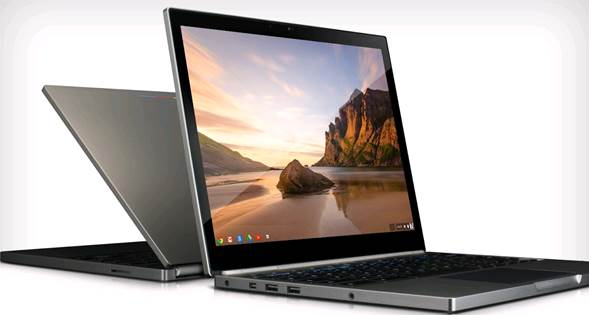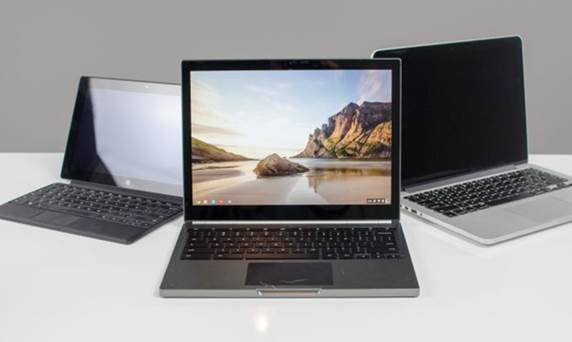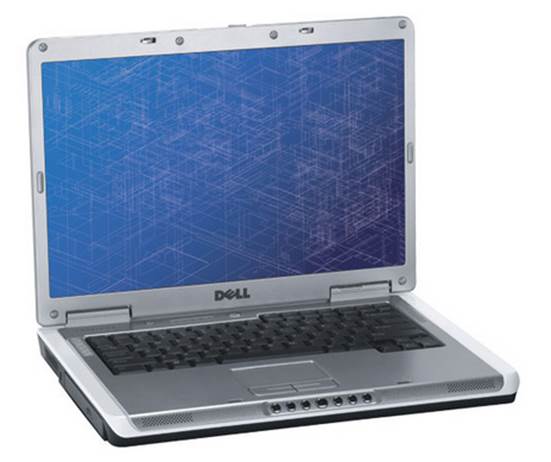Context
Nothing exists in a vacuum, of course, any
products that we evaluated. The context of our topics has relevant to what are
shown in the reviews. Only the scores are not enough, we get the newest
equipment to check its possible competition, with its predecessors, and with
anything else that may be reasonable. We think about the era in technology, the
trends spreading throughout the market, and where they will take us to in the
coming months and years. We ask what the need of the market is, and where they
will go on after this, and discus how the subject handles the present and
future demands.

Chromebook
Pixel
PC market had been declining for some time.
There is an argument that the movement to mobile negated the need of one
consistent personal computer, but the exception someone has put all the
desktops and laptops to live and work perfectly on tablets and smartphones.
That day may come, but this time, very few users try to work and write on the
iPad, and most of them have the keyboard dock that is stuffed in a bag
somewhere. For most people, tablet is also the consuming device, less bulky
than a laptop to read, browse the web and watch videos. However, the tablet is
the future, right? Microsoft seems to think so. Apple certainly supports it. So
with the PC is going to sing a farewell song, what would compel Google to
interfere with one operating system that almost exclusively contains a browser
that can run on any of the current platform?

Small
laptop with the size of 13inch Macbook Air
There is one other argument can be made
about the decline of the PC. The influential theory when buying computer that
always buys more hardware than you currently need, so three or four years your
computer is still useful. The software advances are over the hardware, and thus
an original Pentium II with only a few megabytes of RAM running Windows 98 well
in 1998 did not do well with Windows XP just a few years later. Intel’s Core
processors have changed all that. Dell E1505 (actually my own) with the first
Intel Core Duo processor that still handles Windows 8 well. Although they did
not do so well, netbooks popularized the idea that most users need (in part)
by the modest hardware. Intel's Ultrabook initiative pushed the price of the ultra-light
laptops, but ran well down under $1,000 and reduced further still. And for most
users, the modest performance of one ULV processor is more powerful than they
really need to consume media, edit documents and browse.

Dell
E1505
The first round of Google's Chromebook is
netbook. The minimize experience proves better than stuffing the Windows into
the tight boundaries and running Chrome atop that, but the compliment ends
there. The next generation, plus the increase in performance, but pushes into a
difficult position because the performance do not reach the threshold of
"enough". The latest models, Acer C7 and Samsung Chromebook (XE303)
are the complete shifts in price and performance, while the Samsung model even
adds a little style. We like these models, and praise their prices. These
models represent a large playground for the Chromebook, just enough performance
and price reflects that. I think we would see the version of these models
appear in the future, with performance is improved each year. Even we can find
one way where more and more users choose Chromebook instead of other second
computer, we can see that they are successful with the accordingly crowd. I do
not think any of us to wait for this.